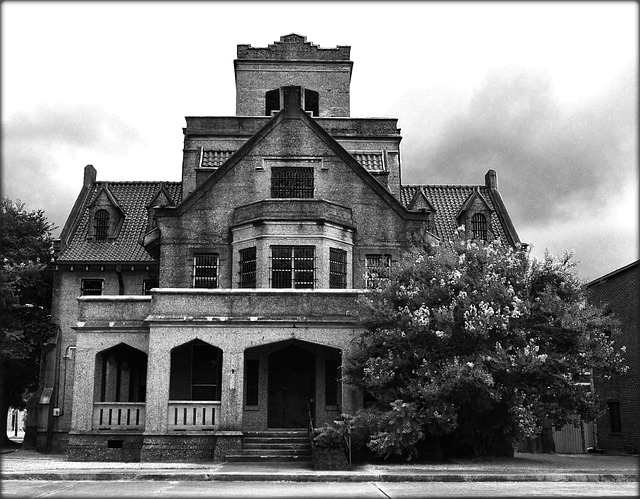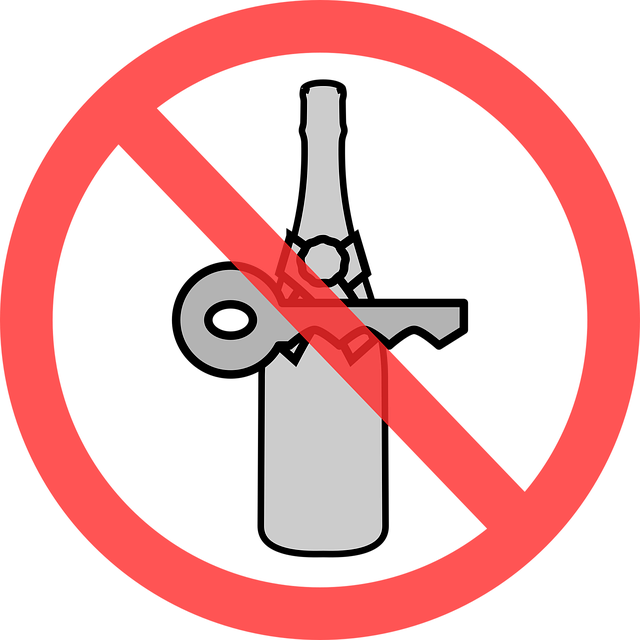Individuals facing DUI charges must grapple with varying rural vs urban DUI legislation, which significantly impacts insurance rates and coverage. Rural areas tend to have more lenient laws, potentially offering lower premiums for first-time offenders, while urban centers enforce stricter regulations due to higher crime rates and congestion, leading to increased costs. Understanding these local law differences is vital for managing post-DUI insurance claims and securing reasonable rates.
“After a DUI arrest, navigating insurance adjustments can be complex, especially with varying rural vs. urban DUI laws. This comprehensive guide delves into the intricacies of post-DUI insurance claims, offering insights on how these laws impact coverage and rates. We explore strategies for fair compensation, highlighting disparities between rural and urban areas. Understanding these dynamics is crucial for those seeking to manage their insurance adjustments effectively following a DUI.”
- Understanding Insurance Adjustments After a DUI: A Comprehensive Overview
- Rural vs Urban DUI Laws: Implications for Insurance Coverage
- The Impact of DUI on Insurance Rates: Disparities Between Rural and Urban Areas
- Navigating Post-DUI Insurance Claims: Strategies for Fair Compensation
Understanding Insurance Adjustments After a DUI: A Comprehensive Overview

After a DUI (Driving Under the Influence) arrest, many individuals find themselves navigating complex insurance adjustments. Understanding this process is crucial, especially when considering the disparities in legislation between rural and urban areas. In rural regions, where populations are often more spread out, DUI laws might differ significantly from those in urban centers. This variation can impact insurance rates and coverage options available to drivers.
For instance, rural states may have less stringent penalties for first-time offenders, which could result in more affordable insurance premiums. Conversely, urban areas with higher crime rates and congestion might enforce stricter regulations, leading to elevated insurance costs. Insurance adjustments post-DUI require a thorough grasp of local legislation and its implications on policy terms and conditions.
Rural vs Urban DUI Laws: Implications for Insurance Coverage

DUI laws vary significantly between rural and urban areas, with implications for insurance coverage that often reflect these differences. In rural regions, where lower population densities exist, law enforcement may take a more lenient approach to DUI enforcement due to reduced crime rates and less congested roads. This could result in less stringent penalties and potential insurance discounts for drivers. Rural communities might also have fewer resources dedicated to DUI prevention programs, leading to less stringent regulations and varying levels of public awareness.
Conversely, urban areas face distinct challenges with DUI-related issues due to higher population densities and more complex traffic patterns. As a result, urban DUI legislation tends to be stricter, focusing on severe penalties and enhanced enforcement strategies to mitigate the risks associated with intoxicated driving in heavily populated regions. These differences in rural vs. urban DUI legislation directly influence insurance coverage options, premium rates, and potential penalties for drivers involved in alcohol-related incidents.
The Impact of DUI on Insurance Rates: Disparities Between Rural and Urban Areas

The impact of a DUI (Driving Under the Influence) conviction extends far beyond legal repercussions and fines. One significant consequence is the substantial increase in insurance rates, which can vary greatly depending on geographical location. In rural areas, where DUI-related legislation may be less stringent compared to urban centers, drivers face unique challenges when it comes to insurance adjustments post-DUI.
Rural vs. urban DUI legislation plays a pivotal role in these disparities. Urban regions often have more strict laws and penalties for DUI offenses, which insurers consider when calculating premiums. In contrast, rural areas might have less stringent regulations, leading to potentially lower initial rate increases after a DUI conviction. However, this does not mean rural drivers are off the hook; they still face elevated insurance costs compared to non-DUI drivers in their area. The variations highlight the importance of understanding local legislation and its impact on personal financial burdens.
Navigating Post-DUI Insurance Claims: Strategies for Fair Compensation

Navigating Post-DUI Insurance Claims can be a complex process, especially when considering the disparities in legislation between rural and urban areas. The impact of a DUI (Driving Under the Influence) extends beyond legal penalties; it significantly affects insurance rates. In rural areas, where populations are often more spread out and enforcement may be less stringent, insurers might offer different terms compared to urban hubs with denser populations and stricter laws.
Individuals facing post-DUI insurance claims should educate themselves about their region’s specific legislation. Understanding the Rural vs Urban DUI Legislation variations can help when negotiating fair compensation. Proactive communication with insurers, coupled with knowledge of one’s rights, is crucial in securing reasonable rates.
In conclusion, navigating insurance adjustments post-DUI involves understanding complex interactions between rural vs. urban DUI legislation and its impact on insurance rates. By recognizing disparities in coverage and compensation, individuals can employ strategic approaches to ensure fair claims processing. Awareness of these dynamics empowers drivers to protect their financial well-being and make informed decisions in the aftermath of a DUI incident.






